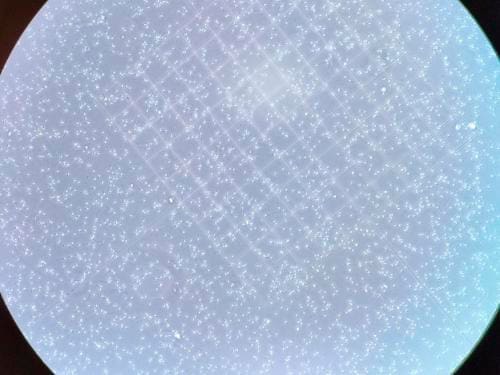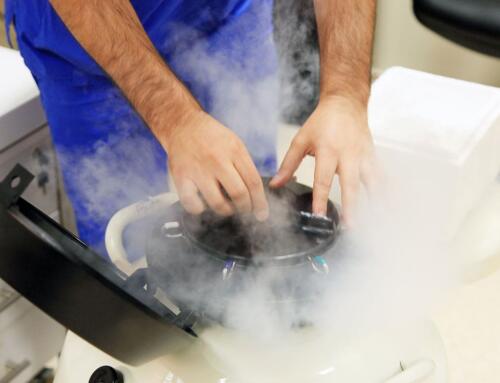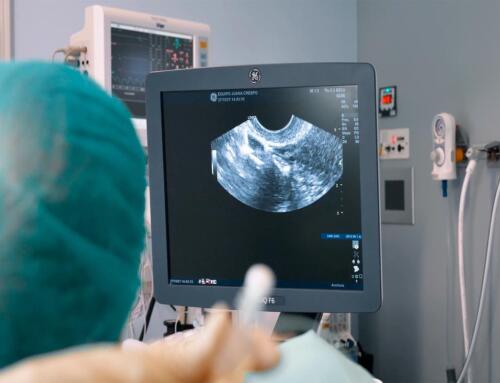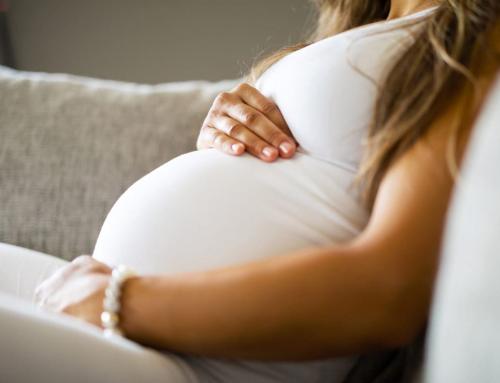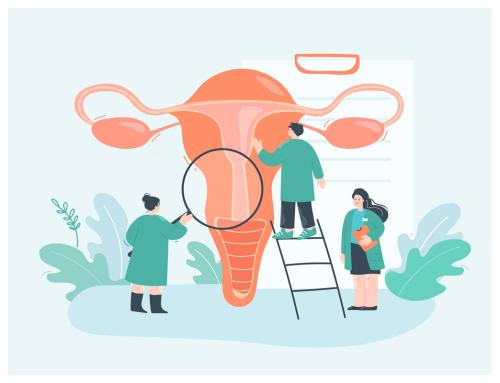Having less or more hair as a man does not affect their fertility. But when it comes to alopecia treatments, this is a whole different story. This article explains the possible relationship between alopecia treatments and male fertility, and if this should be taken into consideration when looking for a baby.
Alopecia and fertility, a matter of testosterone
Testosterone is the male hormone par excellence, although it is also present in women in lower levels. It is a sex hormone secreted by the testicles, and its levels decrease as we age
This hormone is key to the development of male sexual organs. It is also responsible for men having greater bone and muscle mass, as well as more body hair, compared to women.
With age, testosterone can decrease and even turn into dihydrotestosterone, which is the hormone responsible for alopecia. When this happens, the follicles of the scalp atrophy. This causes the blood flow to decrease and, when hair falls out naturally, it is replaced by thinner, weaker hair. Gradually this thinner hair eventually falls out and the follicle closes permanently
This process of male alopecia can also be influenced by unhealthy habits, smoking, stress, certain medications, poor diet, etc.
Relationship between alopecia and fertility treatments
As we have seen, the reduction of testosterone levels directly influences male alopecia. That is why many drugs used to combat hair loss are based on active ingredients that increase the level of testosterone.
This is the case of the most commonly used treatment, finasteride, which acts by blocking the 5-α-reductase protein, which is part of androgen metabolism. In this way, it increases testosterone production, but at the same time, it decreases the production of hormones responsible for stimulating the testicles to produce spermatozoa.
Several studies relate finasteride to the possibility of suffering a series of side effects:
- Decreased ejaculate quantity.
- Reduction in the number of spermatozoa.
- Decreased libido.
- Erectile dysfunction problems.
- Increased breast size and sensitivity in men.
Is it advisable to discontinue treatment for alopecia when seeking pregnancy?
Although there are no specific studies, the technical data sheet of the drug finasteride recommends that treatment should be discontinued in men who are seeking pregnancy. Moreover, the datasheet also recommends that pregnant women avoid exposure to semen from patients undergoing treatment. Especially in the first 16 weeks of pregnancy.
It should be understood that if, in addition to the possible effects on sperm, we add the other possible sexual problems, such as decreased libido or erectile dysfunction, it does not seem very advisable for men to use this treatment for hair loss if they are seeking pregnancy naturally or through assisted reproduction.
What should we do if we are also undergoing assisted reproduction treatment?
Male fertility is studied in assisted reproduction clinics through a seminogram, which informs us of the quantity and mobility of spermatozoa in the ejaculate.
If the patient is undergoing treatment for alopecia with finasteride, it is possible that a lower quantity of the ejaculate and the number of spermatozoa present may be observed. However, problems in sperm motility or morphology need not be observed.
Fortunately, studies show that the effects of alopecia treatments on male fertility are reversible and therefore do not cause sterility. However, the alterations can last for several months after stopping the treatment.
That is why, before undergoing assisted reproduction treatment, we should wait at least 12 weeks to repeat the semen analysis. In this way we can assess whether the semen alterations were related to the drug or whether other causes need to be explored.
Comprehensive study of male infertility
If pregnancy does not occur, apart from suspending treatment with finasteride, the most appropriate thing to do is to see a specialist to perform the necessary tests to diagnose possible male infertility.
At Juana Crespo we have an Andrology Unit and our own andrology laboratory. This allows us to perform a complete study of male infertility through the necessary tests for an accurate diagnosis:
- Seminogram or spermiogram, we have already mentioned that it is a basic and essential test.
- DNA fragmentation study; to evaluate the integrity of the genetic material of the spermatozoa.
- Mobile Sperm Retrieval Test (REM). This is a technique that allows the selection of suitable spermatozoa with better motility for assisted reproduction treatments.
- Urological examination. The examination performed by the andrologist allows detecting seminal or functional alterations. This is essential to determine which techniques are the most appropriate for each case. Keep in mind that sometimes, as in the case of those related to alopecia and fertility treatments, the results can be improved without resorting to assisted reproduction.
Thanks to the Andrology Unit and the most advanced techniques, at Juana Crespo we not only achieve a high diagnostic capacity, but we can also select the most optimal spermatozoa. All this allows us to avoid resorting to donor sperm and thus achieve that our patients become biological parents.
If you have any questions regarding alopecia and fertility treatments or you have been diagnosed with male infertility, please contact us and book your first appointment at 961 042 557 or through our e-mail: info@juanacrespo.es. We will perform the necessary tests to determine the diagnosis that prevents you from becoming pregnant.


